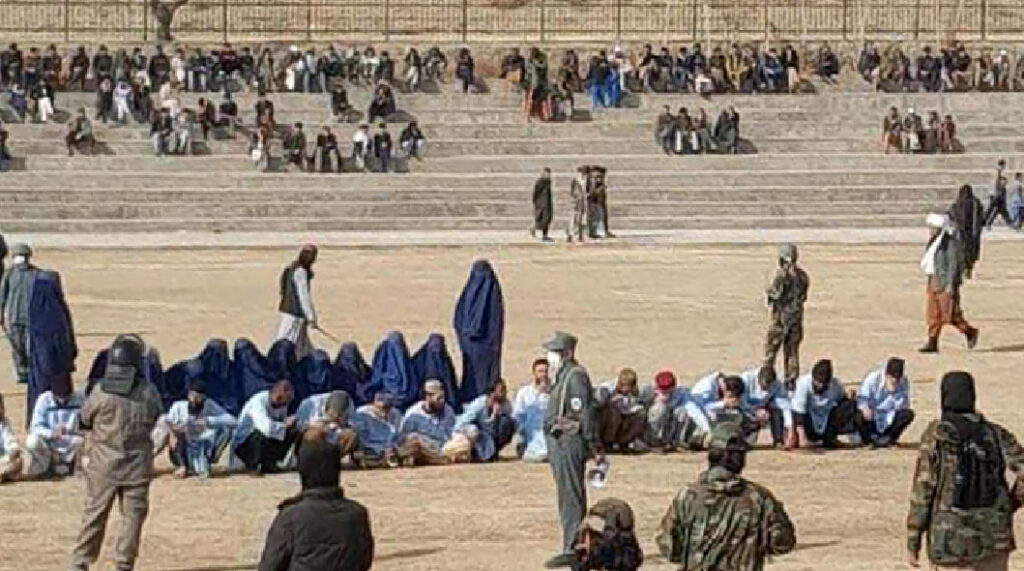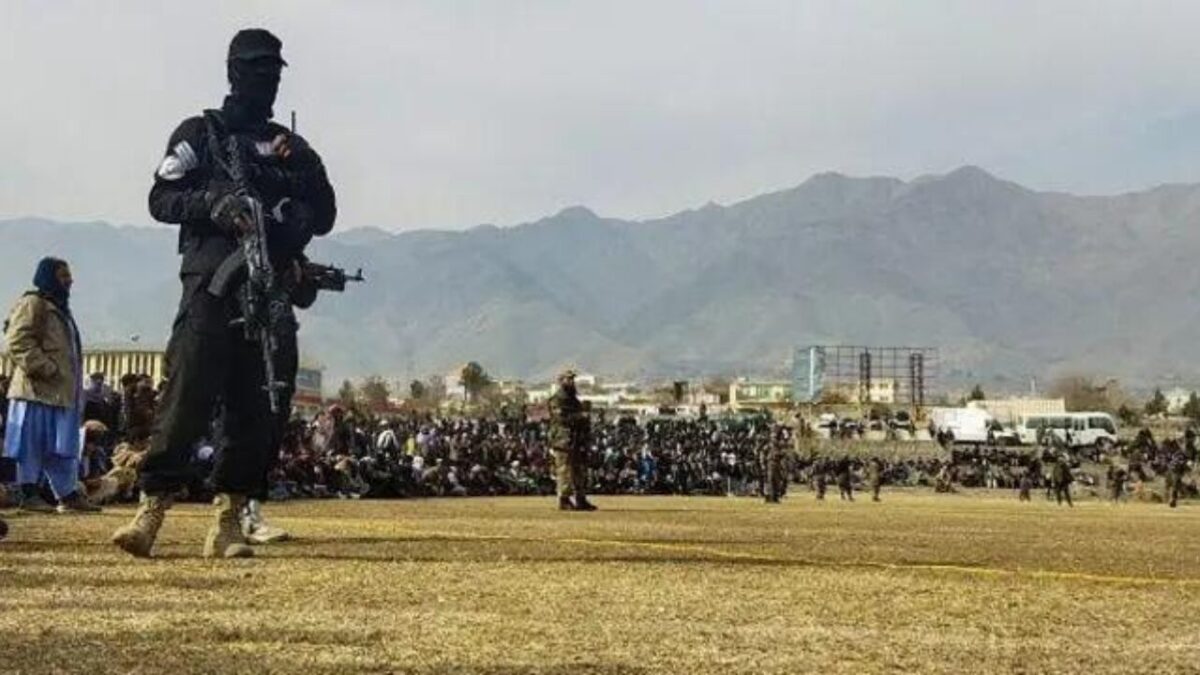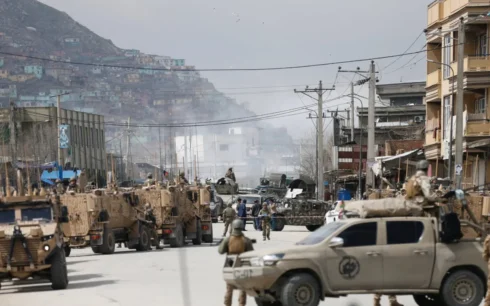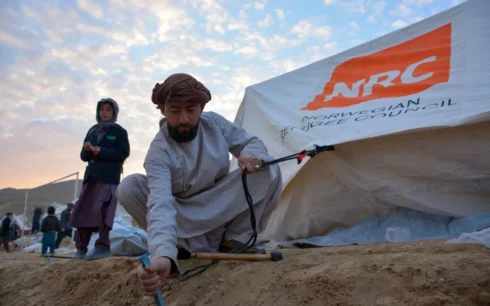KABUL, Afghanistan — The Taliban have publicly flogged 85 people, including 12 women, over the past month, according to press releases from the Taliban-run Supreme Court analyzed by Amu.
The data collected from Taliban statements released between October 22 to November 14. The provinces of Ghazni and Khost saw the highest numbers of public floggings during this period, with a total of 22 cases in Jowzjan and 17 in Khost, and additional cases reported in Nangarhar, Parwan, Paktika, Wardak, Faryab, Ghazni, and Kabul.
The Taliban cited the charges against these individuals as “leaving home without permission, immoral relations, sodomy, adultery, moral corruption, and theft.” Although the Taliban assert that these sentences are grounded in Islamic Sharia, some religious scholars argue that the punishments lack the formal judicial procedures required by Islamic law.

Mohammad Badakhsh, a scholar in religious studies, criticized the Taliban’s approach, describing it as “desert justice.” According to him, Islamic hudud punishments—fixed penalties prescribed in Sharia law—require strict conditions and evidence to be met. “For hudud to apply, specific conditions must exist,” Badakhsh explained. “Punishments should only be carried out if the accused has confessed without coercion or if there is clear and irrefutable evidence in line with Quranic teachings.”
Human rights groups have voiced alarm over the Taliban’s reimplementation of corporal punishments, describing them as reminiscent of the Taliban’s policies in the 1990s. They note that these punishments are accompanied by broader human rights violations, including a lack of independent judicial oversight.
A Kabul resident, reflecting broader concerns, said, “In a country where women can’t even speak freely, it’s likely that even innocent people may be subjected to ‘desert justice.’ The silence of the international community and human rights organizations is concerning.”
Taliban claim that prisoners’ rights are respected and that their trials are fair. However, human rights advocates report ongoing torture in Taliban prisons and claim that independent monitoring bodies lack access to the Taliban’s judicial processes.
Habibullah Badr, the Taliban’s deputy head of Afghanistan’s Prison Administration, recently stated that between 600 and 700 individuals in Taliban custody are awaiting execution, and another 400 have been sentenced to qisas, or retributive justice.





